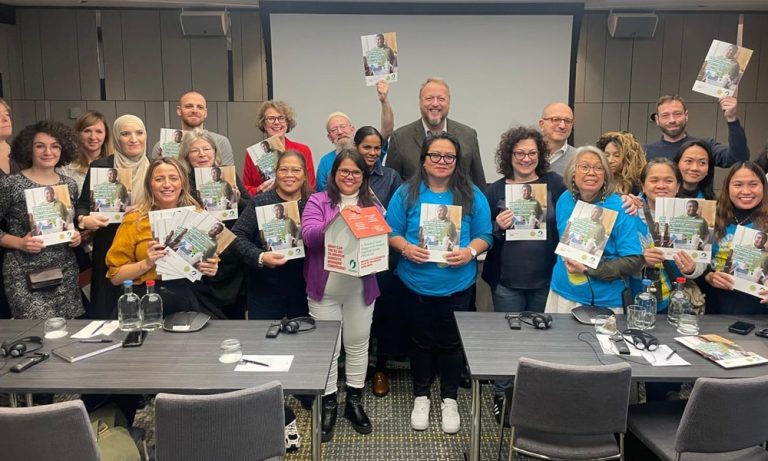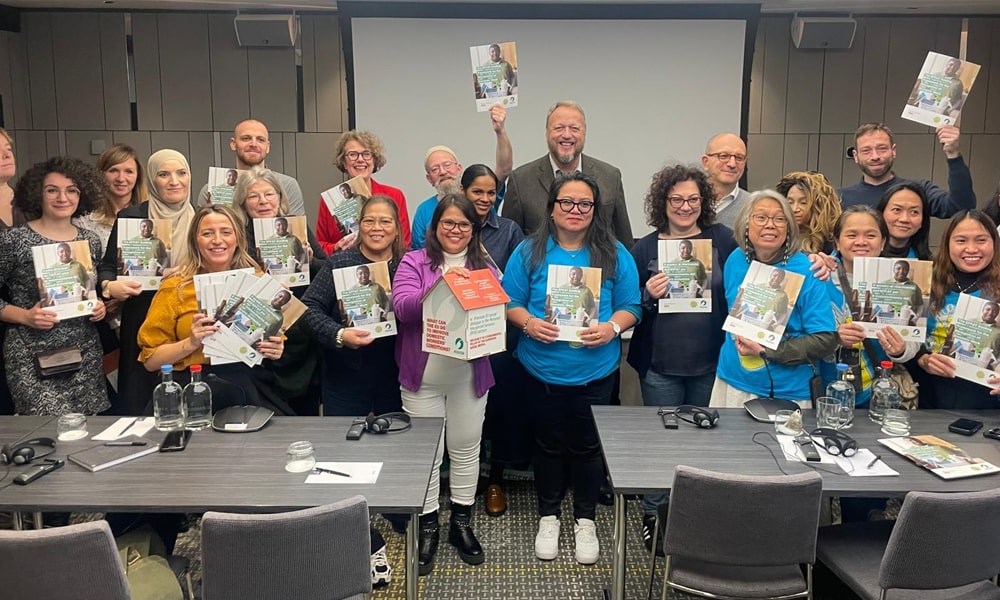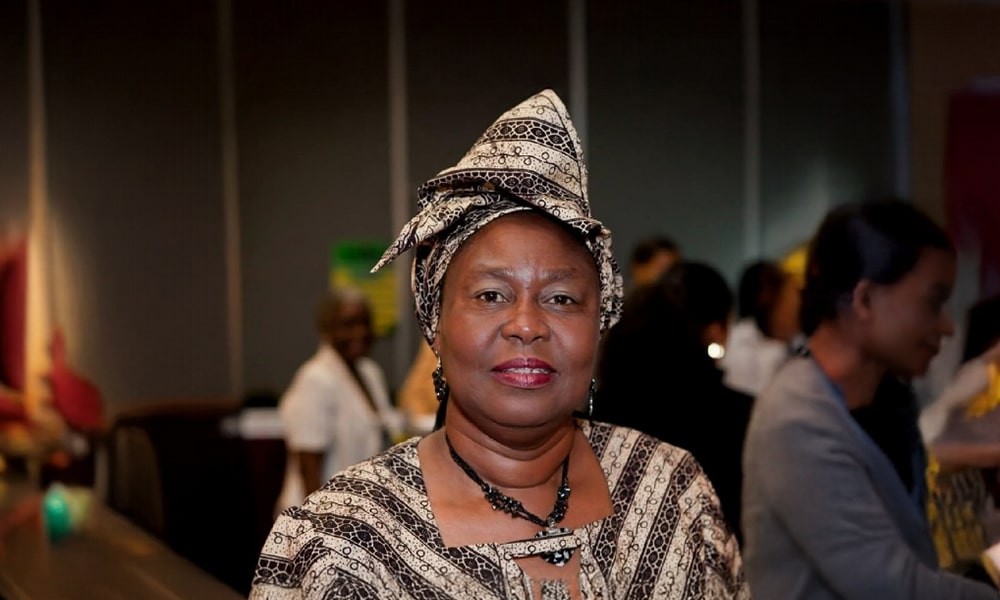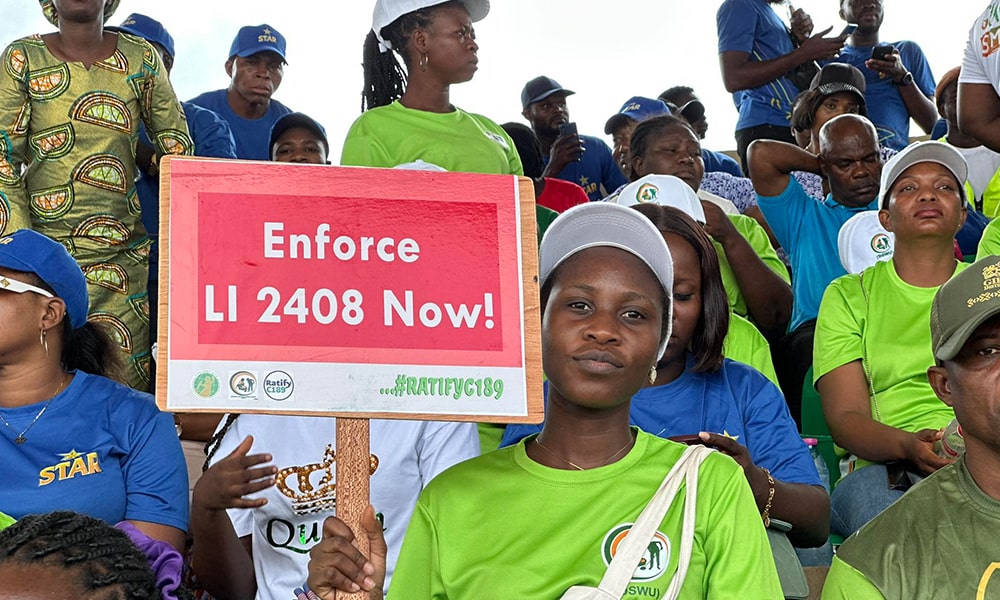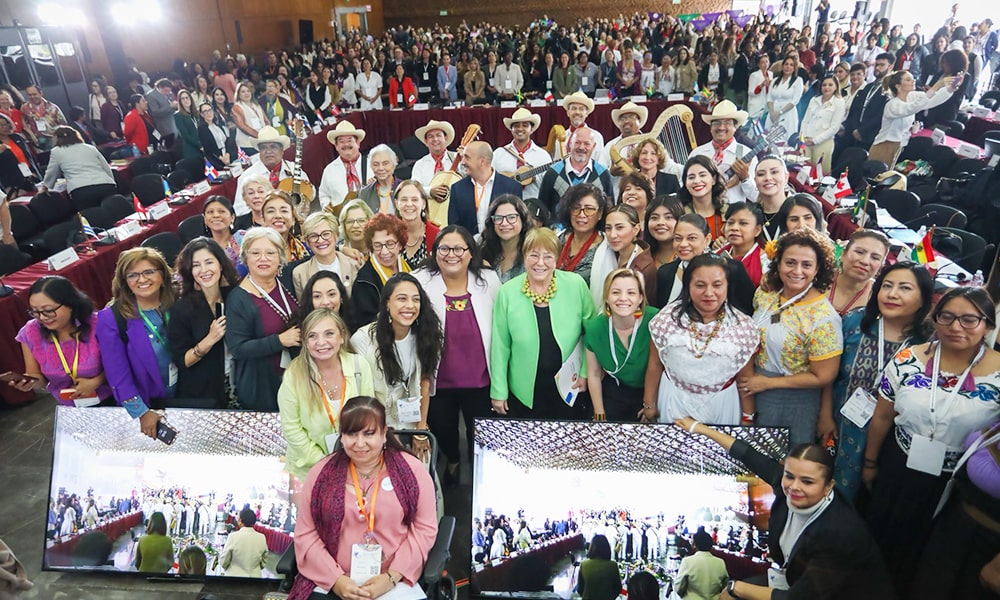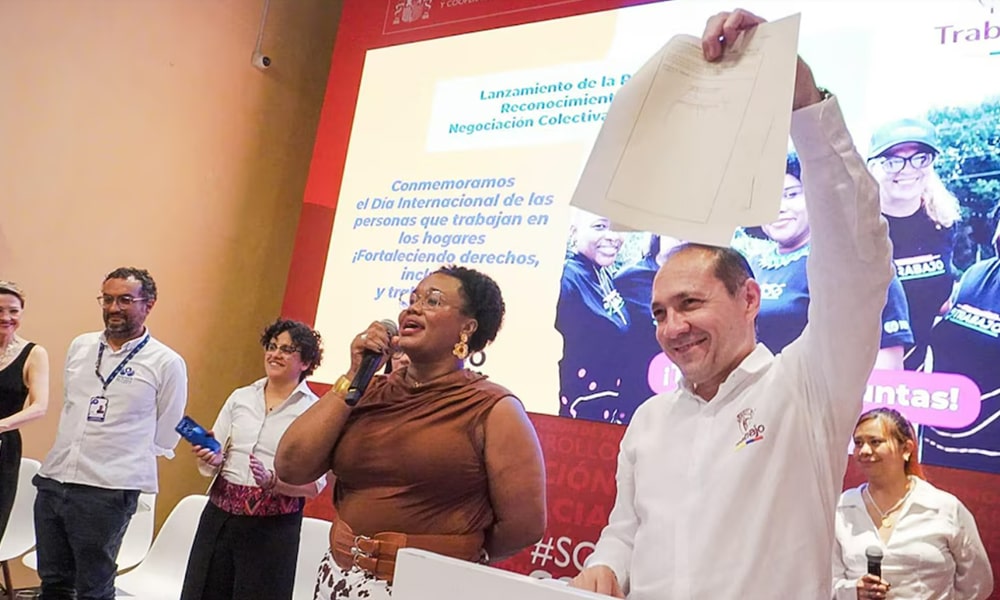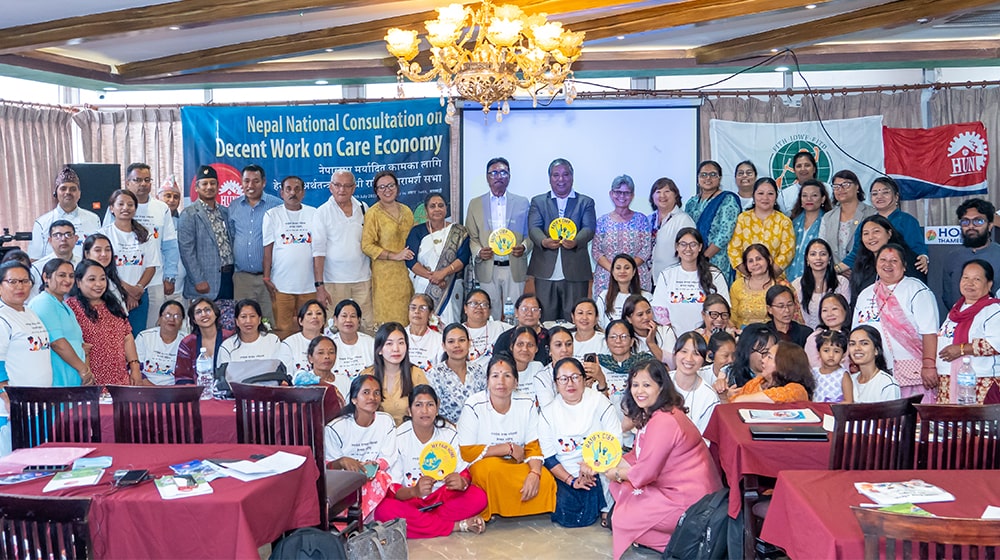IDWF Statement on the 2025 International Day for the Elimination of Violence against Women
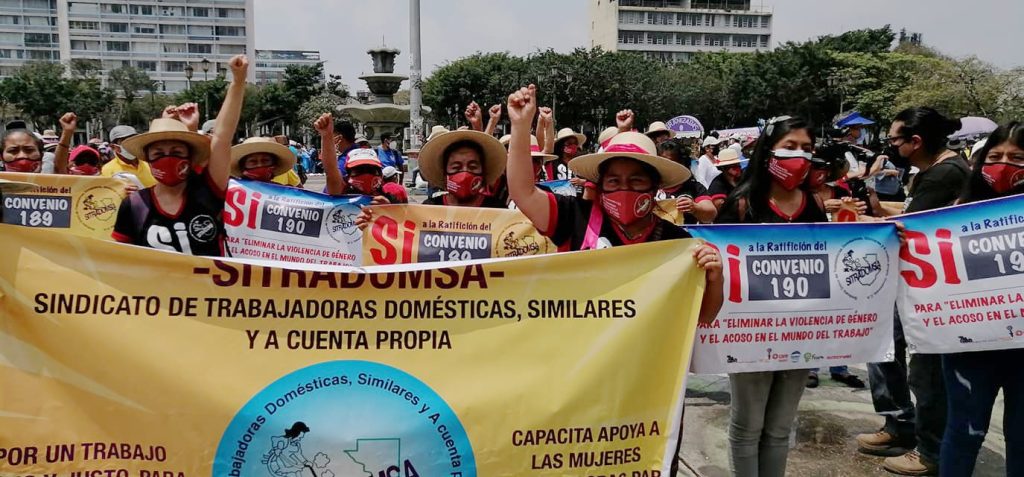
This November 25, on the International Day for the Elimination of Violence against Women, we at the IDWF stand firm in our fight to make domestic work a safe occupation, free from all forms of violence, harassment and discrimination. Domestic workers deserve to live and work in dignity and respect. They care for the world; it’s time the world cared for their human rights.
What Lies Behind Closed Doors
Domestic workers (DWs) are essential to meet the basic human need for care: they care for children, the elderly and persons with disabilities; they clean, cook, wash, iron… Because this wide range of tasks falls on DWs, others are able to participate in the workforce. Domestic work is not a “favor” or “help”: it is work — accounting for about 4.5% of all employed women worldwide (ILO, 2023). Yet DWs still face the poorest working conditions in the care workforce and are disproportionately affected by violence and harassment in the workplace.
The lack of legal protection, weak enforcement and labor inspection, and widespread non-compliance in domestic work create fertile ground for many forms of abuse. These include verbal and psychological abuse, economic violence such as wage withholding, physical and sexual violence, and threats, intimidation, invasions of privacy and restrictions on freedom of movement. An IDWF study (2018) found that eight out of ten DWs have experienced some form of violence, harassment or discrimination at work.
Domestic work is a highly feminized occupation, with some of the most alarming rates of child labor and a growing prevalence of labor migration: over 76% of DWs are women; there are 7.1 million children engaged in domestic work, 4.4 million of whom are girls; and at least 16% of all DWs are migrants (ILO, 2022). It is also racialized work, deeply shaped by cultural norms rooted in slavery regimes, colonialism and other forms of servitude. It is no coincidence that most DWs belong to disadvantaged groups subject to multiple and intersecting forms of discrimination based on gender, race, ethnicity, caste, national origin and social status. To this day, hierarchies and stereotypes still determine who serves whom in most societies.
In domestic work, relationships between employers and workers often do not follow the dynamics of an employment relationship as defined in ILO Convention 189 and as they operate in other sectors. Instead, they still bear the imprint of the master–servant relationship, in which domestic work is regarded as a “status” directly tied to the position of the person performing it rather than as work with rights, like any other work. This deep power imbalance — combined with the fact that domestic work is carried out in private homes, often not recognized as workplaces, behind closed doors and in isolation — enables abuse and reinforces a sense of impunity among perpetrators.
The more dependent DWs are on their employers, the greater their exposure to violence and harassment and the more limited their possibilities to report. This is the case for live-in DWs, who depend on their employers for food and housing. This also applies to those in informal employment (80% globally): without access to social protection, they have no unemployment insurance or financial safety net if they leave their jobs. Migrant DWs are even more trapped in abusive situations due to several factors: the absence of support networks; language and cultural barriers; employer-tied visas and work permits; migration-related debts and the reliance of their family members on remittances; constraints on exercising freedom of association; and lack of access to justice. These risks are aggravated for migrant DWs in an irregular situation, as fear of detention or deportation may deter them from seeking help. Irregular migration channels also expose women to trafficking in persons, sometimes for the purpose of domestic servitude: domestic work is among the five sectors accounting for the majority of total adult forced labour (ILO, 2022).
A Call for Collective Freedom
Domestic workers have a deep understanding of the causes and consequences of the systems of oppression that have shaped their working and living conditions. On that basis, they have built a collective identity and developed multilayered strategies to dismantle gender-based violence (IDWF, 2025). With ILO Conventions 190 and 189 as their guiding framework, they have secured significant gains. Yet many of the resulting laws and policies still fall short, either because they are not tailored to the specificities of domestic work or because they remain poorly implemented.
This November 25, we call on States to take urgent measures to ensure that domestic work is a safe occupation, free from all forms of violence and harassment:
- Ratify and effectively implement ILO Conventions 189 and 190.
- End the exclusion of DWs from labor laws and social protection, and all discriminatory policies against them.
- Adopt tailored national laws and policies to address GBVH in domestic work.
- Create pathways to formalization, for example by adopting standardized contracts that include provisions on discrimination and GBVH.
- Strengthen labor inspection in private homes as workplaces.
- Recognize GBVH as an occupational safety and health risk in domestic work.
- Ensure access to justice, remedies and support for DWs who are victims of violence, and apply effective sanctions against perpetrators.
- Guarantee the right of DWs — including migrants — to organize and bargain collectively, and ensure that DW organizations have a strong voice in shaping their working conditions.
- Ensure DW organizations are represented in social dialogue spaces that shape rules and policies to combat GBVH.
- Conduct awareness-raising campaigns to prevent GBVH in domestic work, designed with the guidance of DW organizations.
- Regulate and monitor digital labor platforms and recruitment agencies, ensuring that DWs hired through them enjoy all the rights and protections to which they are entitled as wage workers.
- Ensure legal protection for migrant DWs — including those with irregular status — throughout the entire migration cycle, and establish safe and regular migration pathways for migrant DWs.
To eradicate GBVH in domestic work, we need a paradigm shift: employment relationships must move from being status-based to being rights-based, guaranteeing respect, dignity and safety for domestic workers. There is no decent work without human rights.
“On this day we are asking for protection of domestic workers’ rights. No to exploitation, abuse, and violence. Let’s ensure fair treatment, safe working conditions and dignity for all domestic workers!”
Elaine Duncan, a Member of the IDWF Executive Committee, representing the Caribbean

